Question And Answer
Publications
Articles, publications, books, tools and multimedia features from the U.S. Institute of Peace provide the latest news, analysis, research findings, practitioner guides and reports, all related to the conflict zones and issues that are at the center of the Institute’s work to prevent and reduce violent conflict.

To Secure Shared Environments, We Must Protect Indigenous Peacebuilders
Humanity observes our 53rd annual Earth Day this week while worsening our assault on our planetary home. Arguably our most critical protectors against this self-harm are Indigenous people who, only about 6 percent of us, protect 80 percent of Earth’s biodiversity. Yet powerful elites, armed groups and business interests attack and kill politically marginalized Indigenous environmentalists to continue clawing wealth out of ecosystems from the Amazon and Congo basins to the Himalayas. Any real hope of reversing our environmental degradation will require U.S. and international policymakers to strengthen protections for Indigenous environmentalists.
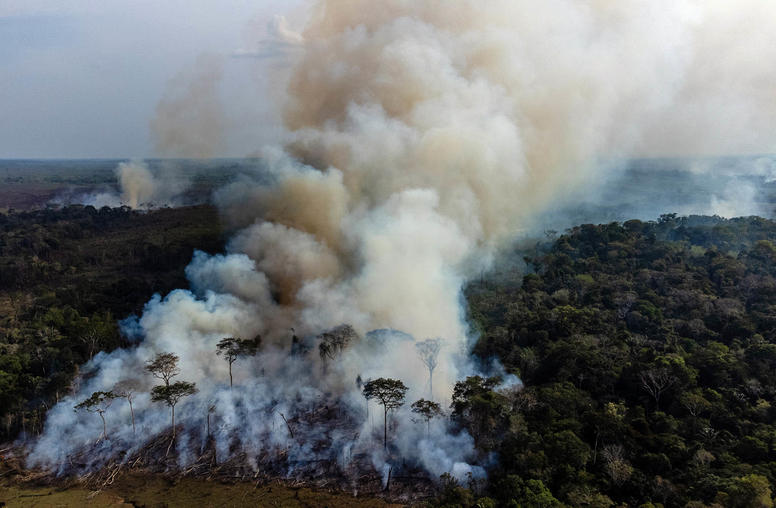
Armed Force Isn’t Saving Colombia’s Forests, But a New Effort Might
In six years since Colombia signed a peace agreement with its largest rebel movement, farmers, miners, loggers and armed groups have surged into the nation’s forests, felling trees and accelerating deforestation and its ills: a destabilized global climate and destruction of biodiversity and local communities’ habitats. As Colombia struggles to establish effective governance, the state is trying to shift away from previous reliance on military force to curb deforestation, a strategy that bred mistrust and violent conflict with local communities. Now a Colombian university is developing more effective forest-protection techniques to build sustainable solutions with those communities — an approach that can be shared globally.
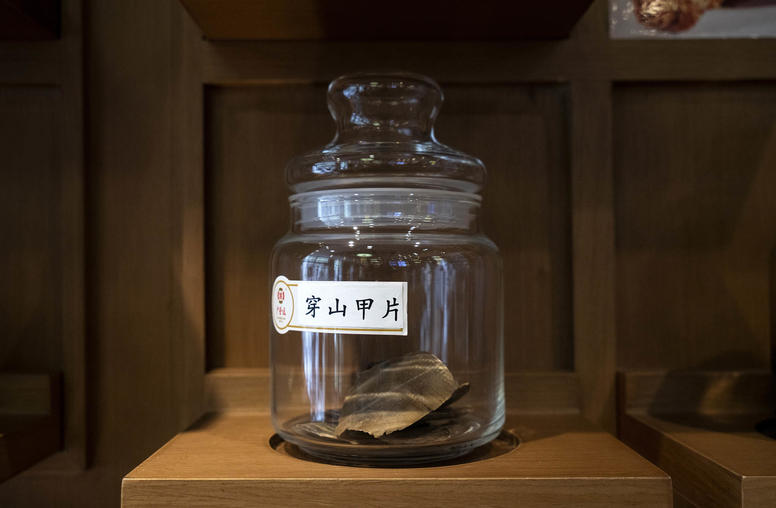
Peace, Poaching and Pangolins in Central Africa
The pangolin — also known as the scaly anteater — is a small, primarily nocturnal mammal that lives in parts of Africa and Asia. Reportedly the most trafficked animal in the world, the pangolin is desired for its scales and its meat, particularly in Southeast Asia. Data shows that a pangolin is poached every three to five minutes. But the demise of the poor pangolin, as well as other trafficked species, has implications beyond the obvious risks to biodiversity. As new research shows, the proceeds of wildlife trafficking also contribute to violent conflict in Central Africa. Researcher Alexia Tata discusses the findings of her research on this issue and its implications for peace and security in the region.
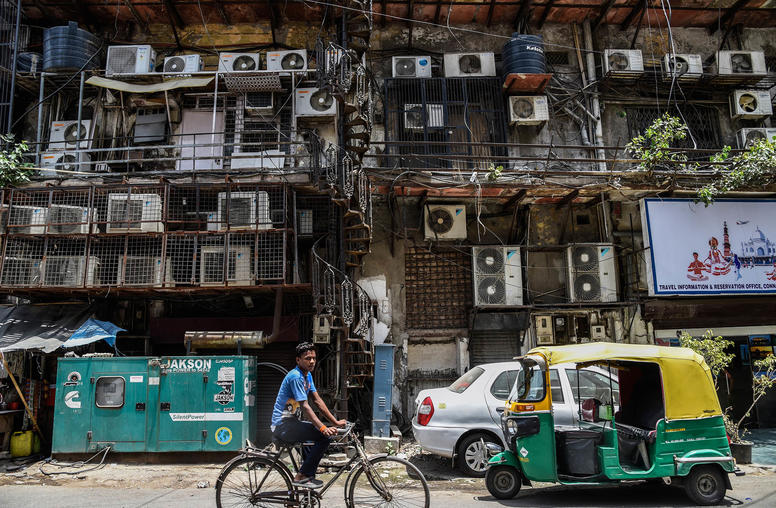
How Heat Waves Are Destabilizing Asia
Unprecedented heat waves continue to ravage Asia this year. Temperatures have climbed to highs of 45 degrees Celsius in Myanmar, 44.5 degrees Celsius in India and 41.9 degrees Celsius in China, with Thailand and Laos breaking all-time high records.
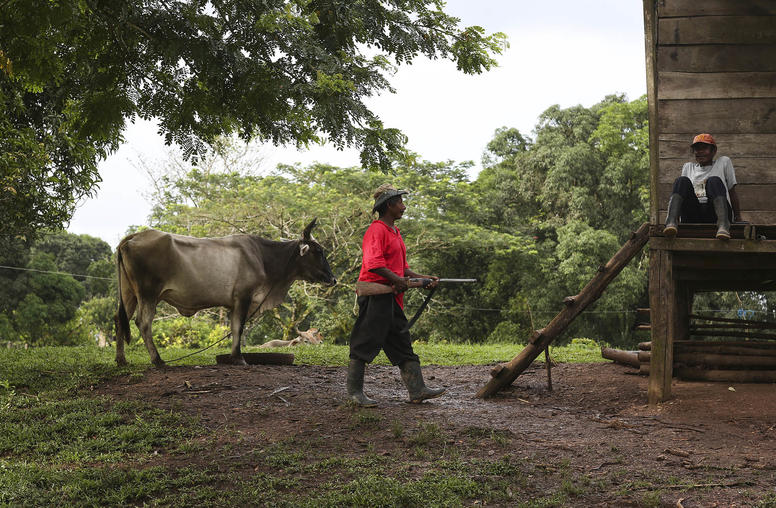
Earth’s best defenders are Indigenous. They pay a price: violence.
Little noted by the world, warfare in India’s northeastern state of Manipur this spring has killed hundreds of Indigenous people and uprooted more than 35,000 residents. This violence along the India-Myanmar border fits a global pattern, also little noted: For decades, some 80 percent of human conflicts have smoldered in the “biodiversity hotspots” where our planet’s flora and fauna are most threatened by battles for resources and wealth — and where Indigenous peoples suffer the violence while protecting humanity’s common ecological heritage. We should strengthen the world’s inadequate public attention and policies on this crisis, and 2023 offers a chance to do so.
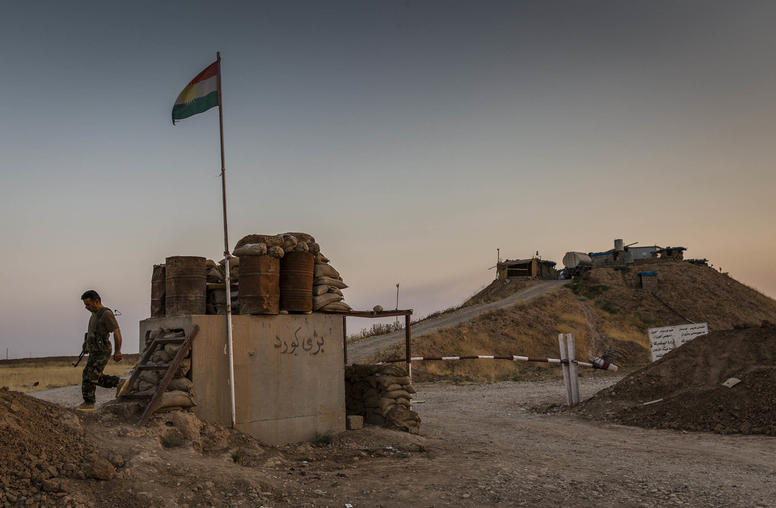
Kurdish Official Lists ISIS and Climate Change as Top Threats
More than five years since the Iraqi government declared victory over ISIS, a senior Kurdish official says the terrorist group is among the top threats facing the region. Alongside ISIS, Rebar Ahmed, minister of interior in the Kurdistan Regional Government (KRG), listed climate change and the resource scarcities and migration it would trigger as a critical challenge.
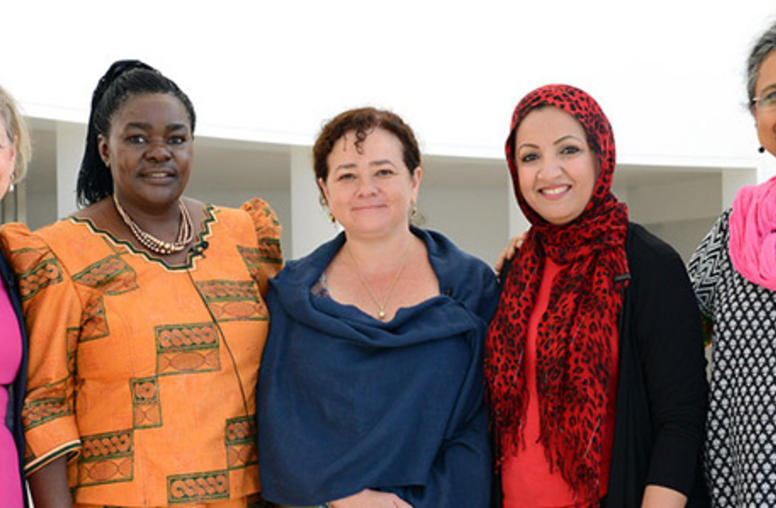
Acclaimed Iraqi Women’s Rights Lawyer Pleads, 'Please Don’t Forget Iraq'
A poignant plea from a prominent Iraqi lawyer who was lauded this week for her community leadership illustrated the determination it takes to achieve change in the most daunting circumstances. “Please, don’t forget Iraq,” Suaad Allami told an audience at the U.S. Institute of Peace, just hours before President Barack Obama announced plans to send 300 military advisers to support her country’s security forces amid the current crisis.
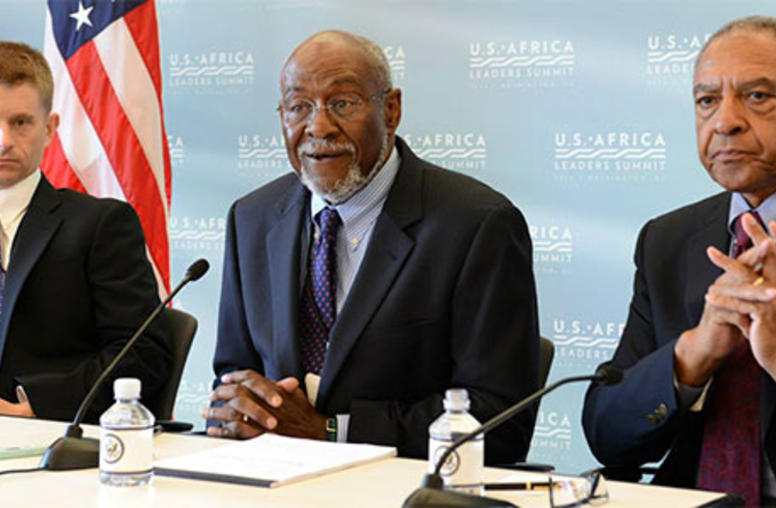
How to Gauge Africa Summit Success? Updated, Realistic Perceptions
President Barack Obama’s U.S.-Africa Leaders Summit will be a success to the extent that it updates the perception of Africa’s economic, political and social potential without underestimating the remaining problems of violence, dictatorship and corruption, according to two former assistant secretaries of state for African Affairs.

China Has Peaked as a Challenger to U.S. Power, Former Secretary of State Shultz Says
While China continues to grow as an economy and a military and political power, its overall influence relative to the United States has passed its peak, former Secretary of State George Shultz said at the U.S. Institute of Peace January 30. As China’s population ages, fewer working-age people must support a larger aged and dependent populace. “I think China, in relation to the U.S., has already reached its peak,” Shultz said in offering the Institute’s annual Dean Acheson Lecture.
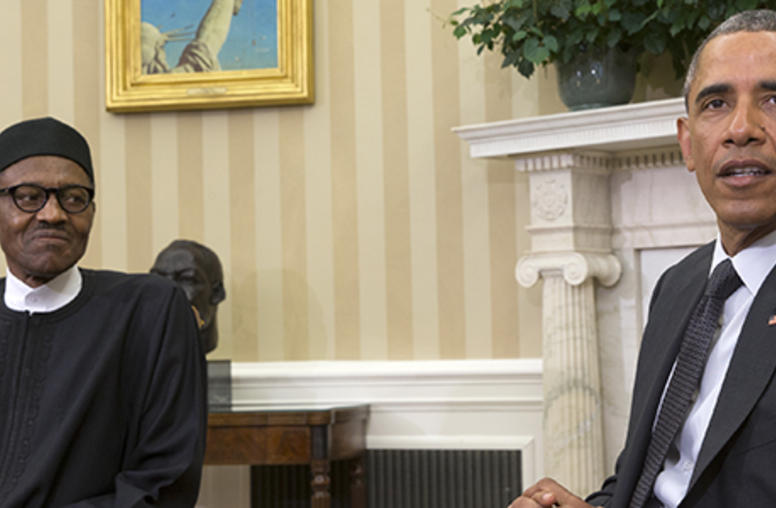
Obama, in Africa, Will Need to Balance Agenda, Ex-Envoys Say
Six years after Barack Obama first visited sub-Saharan Africa as a presidential messenger of democracy, he faces a more complicated task in turning back to the continent next week. Obama hosts Nigeria’s new president, Muhammadu Buhari, on July 20, and then flies to Kenya and Ethiopia. As he does, the continent’s security threats and its urgent need to address ongoing poverty are forcing him to balance priorities and messages, say two former assistant secretaries of state now at the U.S. Insti...